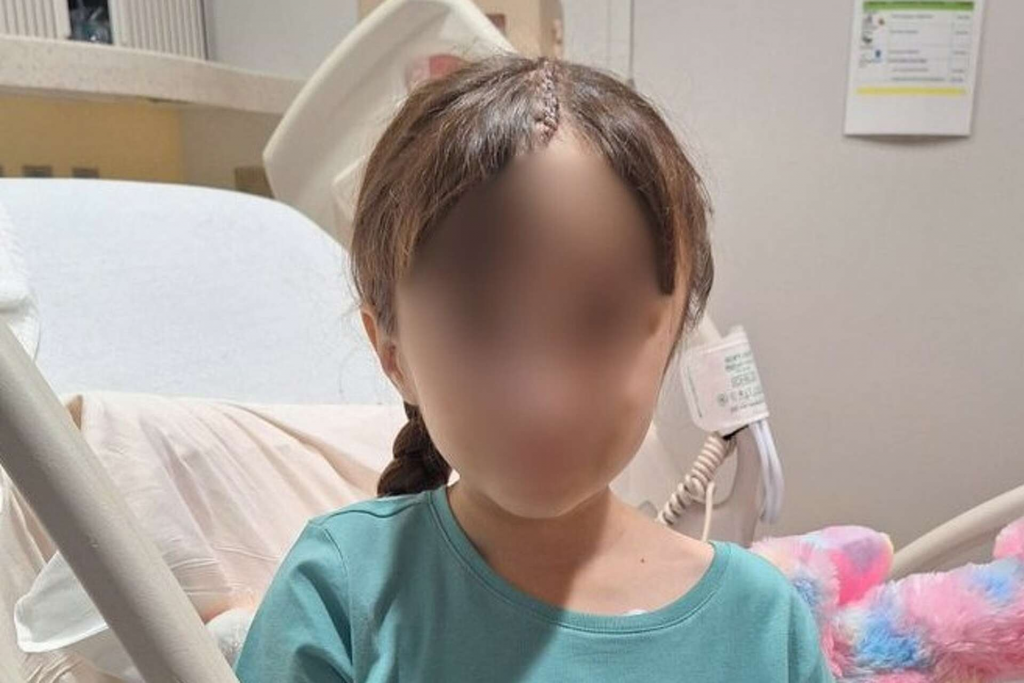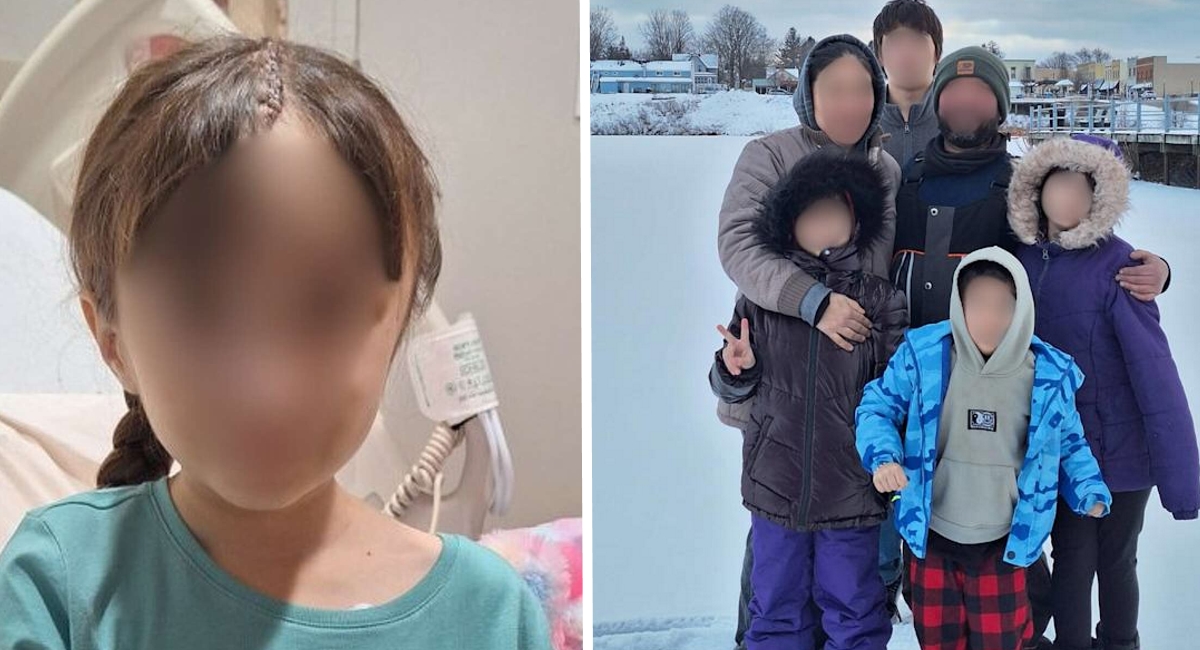Sara Hernández García, an 11‑year‑old U.S. citizen born in Texas, is now residing in rural Mexico after her undocumented parents were deported during what was supposed to be a routine trip for her brain cancer treatment at Texas Children’s Hospital as reported by PEOPLE. Despite traveling with hospital letters and medical records, the family was stopped at a South Texas checkpoint under President Trump’s renewed immigration crackdown—and given an impossible choice: surrender their children or leave the U.S. together.
Until then, Sara had been able to travel freely for follow-up care with no problems. On their February trip to Houston, CBP agents allegedly confiscated her seizure-preventing medication and denied the family access to their attorney before deporting them the next day—with no criminal charges and no due process as noted by the Houston Chronicle. Since then, Sara’s condition has worsened without access to timely exams, CT scans or expert oversight from her Michigan-based neurologist.

“We’re fighting for my girl’s life,” the mother said, as attorneys filed for humanitarian parole.
The family’s attorneys with the Texas Civil Rights Project have filed for humanitarian parole to bring Sara back to the U.S. temporarily so she can resume specialized care in Houston. U.S. Rep. Joaquín Castro and colleagues have also visited the family in Monterrey and described their story as emblematic of a broader systemic cruelty—where even citizen children are deprived of medical access due to mixed‑status enforcement policies as reported in Express News.
At 11, Sara underwent surgery to remove part of her rare brain tumor in 2024—and requires ongoing treatment to manage persistent symptoms like dizziness, headaches and gait difficulties, plus prevention of vision loss. Medical professionals emphasize that complex cases like hers demand continuity—something she’s now missing entirely in rural Mexico, where local clinics lack access to the specific medications and protocols used in Texas The Daily Beast detailed.
“Her gait has been impacted, and doctors fear secondary complications such as vision loss.”
Since deportation, the family lives in fear—Sara’s mom says she worries daily that her daughter may die. She’s reported that Sara wakes up asking, “Am I going to die?” The emotional stress compounds a clinical emergency, exacerbated by worsening symptoms and lack of specialized care as the PEOPLE interview outlines.
Advocates point out that Sara’s case isn’t isolated. In 2025, multiple U.S. citizen children, including those with serious illnesses like cancer, were deported alongside their parents without being given legal guardianship alternatives or custody transfers—raising alarm among civil rights groups like the ACLU as The Guardian reported. Experts warn that deporting citizen children with urgent medical needs—without safeguards—may violate constitutional protections as noted in recent legal analysis.
Rep. Castro has called the incident a case of “bullied and intimidated” injustice, highlighting how Sara’s family was treated like criminals despite showing valid medical documentation and having no criminal history. He emphasized that CBP ignored established procedures that protect children’s rights, demanding Congress address these failures urgently as he publicly pledged.

Attorneys and family friends are urging the public to support the humanitarian parole application. They cite a precedent: another critically ill child was granted emergency entry to the U.S. after a public petition and legal campaign in California—showing that public pressure can influence policy as Woodward referenced.
Beyond medical implications, the family fears for their safety in Mexico. They live with relatives in a small town near the border where cartel violence and kidnappings are sobering realities. Their attorneys have withheld personal identifying details to protect them from being targeted due to Sara’s U.S. citizenship as The Daily Beast noted.
Sara’s case has sparked outrage across party lines, drawing support even from former Trump voters who say they did not endorse deporting sick children. Advocates argue this is not only an immigration issue—it’s a moral and constitutional crisis. With final decisions still pending, the family continues to plead for life-saving compassion and urgent medical reprieve as lawmakers continue to press.
For Sara and her siblings—citizens torn from their home and struggling for medical access—the fight is more than personal. It has become a test of national values: whether citizenship means guaranteed protection, especially when a child’s life hangs in the balance.





